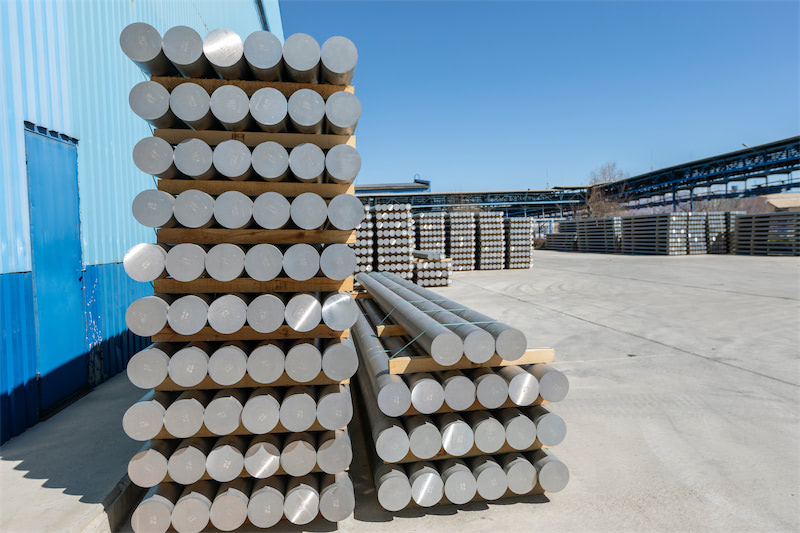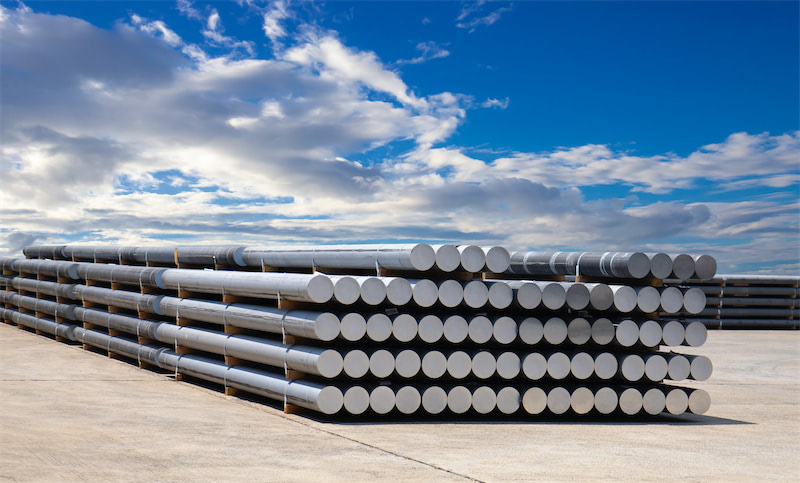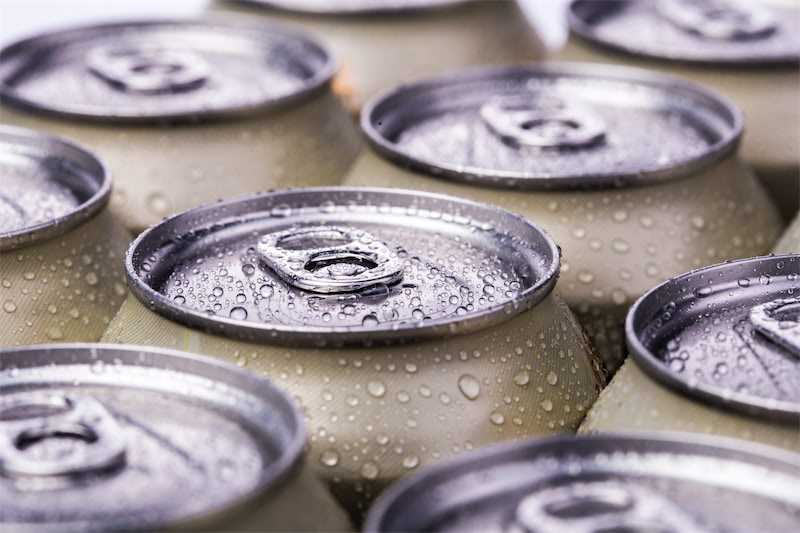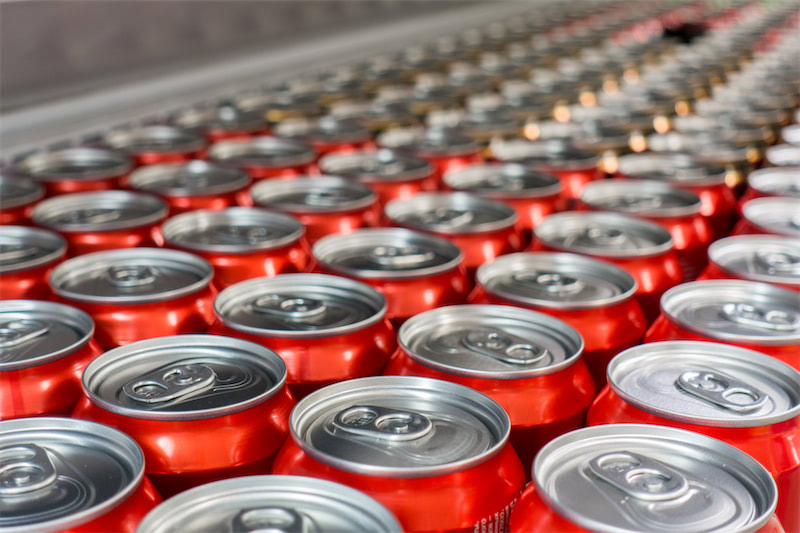SHANGHAI, Mar 30 - CICC believes that "carbon neutrality" has been fully priced in and the risk premium from the Russia-Ukraine tension has fallen. However, the more persistent "supply shock" is likely to continue and become the main logic for pricing. The ranking of base metals in terms of severity of shock based on the fundamentals is: aluminium, zinc, tin, nickel, copper and lead, with aluminium and zinc ranking higher amid expanding supply and demand gaps.
Temporary supply disruptions since the global pandemic seem to have escalated into the more permanent 'supply shocks' in the form of structural changes to the trade and settlement landscape and rising supply chain costs. Before the "recession" in aggregate demand, base metal prices may remain high, with aluminium and zinc prices still likely to break the previous high in the second quarter.



